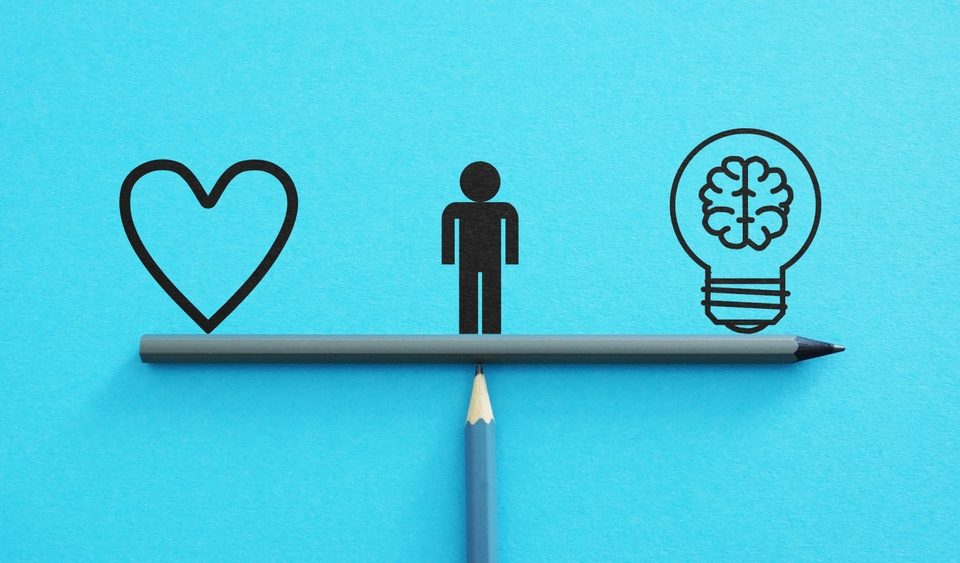
Alcohol Poisoning
May 2, 2021
Tips for Effective Role Modeling
May 4, 2021
Sadness is an emotion that every human is going to experience throughout their entire lives. We experience the emotion after the loss of a loved one, a breakup, a sad movie or really anything that isn’t pleasant. For children, even the smallest inconvenience could cause them to be sad like dropping their ice cream or losing their favorite toy. Luckily sadness is short lived and it usually just takes some crying, support, fun activities or some alone time to recharge and overcome the emotion. Oftentimes people will confuse sadness with depression and use them interchangeably when in reality they have very different ways of manifesting in people. While sadness is temporary, depression is long lasting and can have a drastic impact on a person’s energy levels, self-worth, diet, sleep schedule and relationships with others. If you are trying to understand whether your child is sad or depressed, there is usually one question that can make it clear; that question is, “Why do you feel this way?” For someone who is struggling with sadness there will usually be a root cause of this emotion and your child will most likely share that with you once you ask the golden question. However, if you are dealing with a child that is depressed their response would probably be “I don’t know.” We can’t forget that sadness is a symptom of depression, but not every person that is sad has depression.
Even though it may be hard to connect with your child and get them to talk about their feelings when they aren’t exactly sure what is wrong, it is best to keep a close eye on them and notice any major changes in their behavior. Depression is easier to treat the earlier it is detected, because once someone has one depressive episode they are more likely to continue experiencing episodes that will only get worse. Keep a close eye on your kids and if you notice they stop showering or brushing their teeth, start falling behind in school, experience dramatic weight changes, are easily agitated or extra sensitive or no longer take interest in their hobbies or favorite activities then it is very likely they are suffering from depression.
While depression is more likely in adults, it is still possible for children and teens to suffer from it as well. If you think your child has depression the best option is to take them to a therapist or doctor to get them started with treatment right away. Antidepressants and therapy are just a couple of the treatment options for someone who struggles with depression, but there are also things you can motivate your child to do that might help them as well. For example, getting your kids to exercise regularly will help them naturally produce serotonin, which is the chemical in our brain that stabilizes our mood, sleep and diet. Treating depression is not an easy task and is not going to happen right away. In order for your child to overcome depression it is going to take a lot of patience and understanding from you as a parent, and you must remember that healing is not linear and everyone’s road to recovery does not look the same!
Jessica Lee
MASK the Parenting Magazine a quarterly publication providing solutions for Today’s Families.
The parenting manual offering solutions to the modern-day challenges families face. From Pre-K
through College stay up to date on the modern day issues families face.
Are you up to date on the issues your child is facing?
MASK Mothers Awareness on School-age Kids offers parenting solutions for today’s families. MASK tackles important topics – from drugs and alcohol to bullying and Internet safety -and gives students, parents and the community the knowledge and tools to manage these potential challenges.
Subscribe today! https://www.maskmatters.org/product/mask-the-magazine/
Download and share the MASKmatters app now! Made for children, parents, teachers and in Spanish.
Have solutions at your fingertips
Available free on apple and google play links below
Apple https://apps.apple.com/us/app/maskmatters/id1482305692
Google Play
https://play.google.com/store/apps/details?id=com.maskmatters.maskmattersapp&hl=en_US&gl=US




